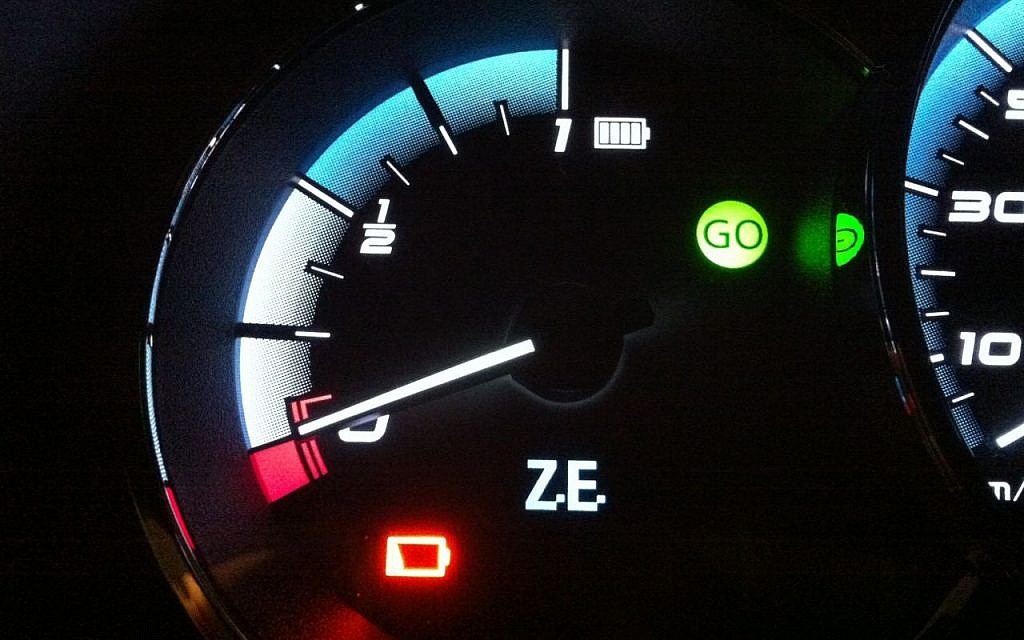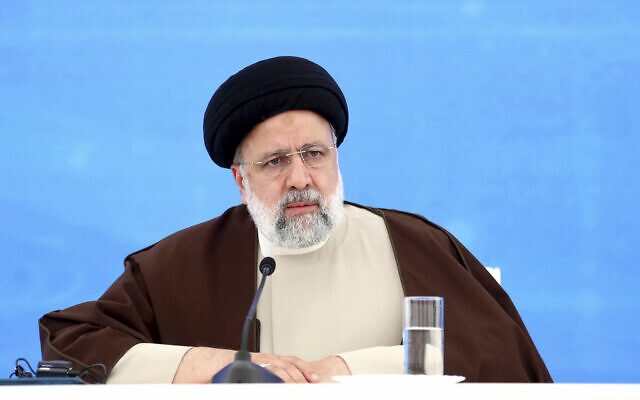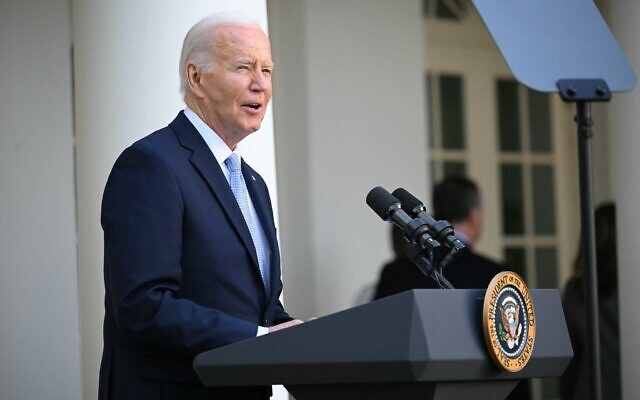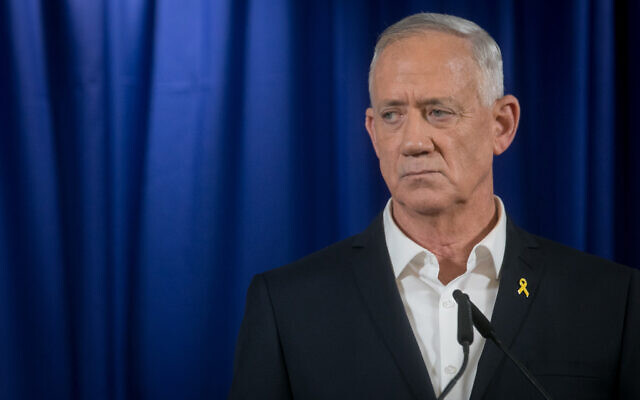The electric car lovers who kept plugging along after Better Place died
One of Israel’s biggest startup flops left behind a community of people who refused to end their flirtation with gas-free driving. I should know. I was one of them
The tale of Better Place, the pioneering Israeli electric car startup, and the 1,000 drivers who bought in only to see the firm go belly up less than a year after the first cars hit the highways, might best be described as a tragic love story.
It’s a romance between a car that was supposed to change the world and its drivers, who refused to give up, even when the dream had died and the relationship had long since fallen apart.
This love story, like so many others, looked breathlessly promising at the start. In 2007, Better Place set out to build the world’s first affordable all-electric car. The company raised $200 million in its first round – which led Wired magazine to call the company “the fifth-largest startup of all time.” Within five years, nearly a billion dollars had flowed into its coffers.
Better Place was a disruptive suitor; the company’s intention was to pry potential companions away from their current relationships with gasoline-powered cars and push them to a bright electric future. To do so, Better Place was going to be different from those “other” electric car paramours.
(Brian Blum will be talking about his book ‘Totaled’ to Matthew Kalman at a launch event at AACI Jerusalem at 7:30pm on Thursday, Oct. 19. Copies will be available for sale, signed by the author. Free tickets available HERE)
Unlike the Teslas and Chevy Bolts and fancy electric BMWs that can plug into a fast recharging spot and get drivers almost to full in less than 45 minutes, Better Place’s big idea was to build a network of battery-swap stations around the country – from Kiryat Shmona in the north to Eilat in the very south. Robots would switch out your spent battery for a fresh one in less time than it takes to fill a tank of gas.
That would address the specter of “range anxiety” – the fear that your electric car will run out of juice in the middle of nowhere, unable to move another inch before you’ve plugged in. Range anxiety remains one of the biggest stumbling blocks behind mass adoption of electric cars to this day.
Better Place’s charismatic CEO Shai Agassi believed Better Place’s innovative switch station infrastructure would make electric car believers out of hundreds of thousands of Israeli drivers – and then out of drivers all around the world. Better Place would revolutionize transportation. It could help stop climate change and free nations from the yoke of oil dependence. Countries from Japan to Denmark to Australia signed on.

Agassi became the closest the Israeli tech world had to a rock star. He appeared on the TED stage where his video had over a million views. He was on Time magazine’s list of the 100 most influential people of the year. Shimon Peres was singing his praises and, after Bill Clinton met him, the former president wrote that Better Place “serves as an example of how businesses can prosper while also serving humanity.”
And then it all went bust. The company, buffeted by internal strife, an international corporate spy scandal, the Great Recession, disappointing sales and ballooning costs, went bankrupt in May 2013.
The company sputtered on for another few months, but by September, the switch stations were shuttered and the storage capacity of the cars’ batteries, which ran on the same lithium ion technology that powers our cell phones and laptops, began to deteriorate relentlessly. That was because, while you could charge at home, there was no longer any way to swap a degraded battery for a fresh one. Imagine if could never get a new battery for your aging smart phone.

Before long, squeezing even 70 kilometers out of the battery (down from its original range of up to 140 kilometers) was a blessing. It was not enough to get from Jerusalem to Tel Aviv or Tel Aviv to Haifa, let alone back again.
You would think that, at this point, most of the drivers who struck up a relationship with Better Place’s electric Renault Fluence would feel jilted. That they would file for divorce and demand that Renault take their cars back and compensate them.
But that’s not what happened. I should know – I was one of those despondent lovers. I was a Better Place car owner.
Instead of giving up, the drivers formed a tight-knit collection of Better Place survivors. A group led by solar energy pioneer Yosef Abramowitz tried to buy the company’s assets and keep it running. The plan was to scale back the switch stations and keep only the most essential ones open, while selling the 350 electric cars that had already been imported and were waiting in the Ashdod port.
Abramowitz’s group nearly succeeded but ultimately couldn’t raise the money in time. The state-appointed liquidators subsequently took control of whatever was left in the company, with the intent to unload what it could to compensate the creditors. It’s still working on that.
With no robots to change our batteries, we figured out creative ways to keep driving, even with the car’s limited range. Drivers began using a mobile app called the “Pony Express” to share our home charge spots.
“Say I have to drive quite a long distance,” Ya’ara di Segni, a Better Place car owner and the secretary for the Association of Electric Car Drivers in Israel, told me. “I’ll drive to your house and leave you my car to charge. I’ll then take your car and carry on.”
We carried cables in the trunks of our cars and would search for outlets in public parking lots to grab an (unauthorized) charge when needed.
Di Segni recalled nearly running out of juice on a rainy night. “So we just stopped for dinner in a shopping center and we plugged in,” she said. “We fed our bellies and fed the car electricity.”
Petah Tikva resident Itay Cohen drove his electric car to Jerusalem every day, where he plugged into a standard electric outlet behind the industrial building where he worked before returning home. He offered to compensate his employer for the electricity, but his boss – perhaps out of pity for Cohen’s situation – refused.
“It was like being in a secret society of doing good and being special,” Cohen told me.
I want to take a step back and emphasize just how unusual this all is. You probably know someone who’s become attached to an obsolete machine or technology. Barack Obama famously held onto his Blackberry long into the iPhone age.
But this was different. It became a real pain in the neck to own a Better Place car. No switch stations, no spare parts if the car breaks down, no one to call if you’re having problems. Who needs all that hassle?
But that old adage, that love is blind, had taken hold. Going electric punched all the right buttons for me: It was good for the environment, it would save us money, it was incredibly powerful and oh so quiet.
“It’s really amazing that a bunch of people who bought these cars said ‘we are going to continue driving,’” driver Efi Shahak told me. Shahak would use fellow electric car owners’ home charge spots on his trips from Herzliya to Beit Shemesh. “It doesn’t matter to us that there’s no company anymore, that there is no one left to support us. We just love this car so much.”
The story might have ended here, the owners and their cars struggling to make a go of this seriously strained partnership until their batteries finally gave out completely. But earlier this year, Renault made an offer we drivers couldn’t refuse: they would buy our cars from us for close to half of what we paid for them.
It wasn’t out of altruism on Renault’s part: shortly after the bankruptcy, when we were in the second stage of loss – anger – a group of 250 drivers sued Renault demanding new batteries. But it had none.
Not every driver took Renault’s offer, but my wife and I did. Still, when we returned our car this summer, we were heartbroken, like when you’re breaking up with someone you love deeply, but with whom you know deep down you’re just not compatible.
I was maybe closer than most drivers are to their cars: For the last four years, I’ve been researching and writing a book about what happened to Better Place. I interviewed nearly 80 former Better Place executives, investors and car owners, and read through just about every article that was ever written about the company. The book is now available on Amazon and other online booksellers.
It’s been nearly a decade since Better Place first launched and many of the former electric Fluence drivers have since moved on to new relationships. In my case, it’s with a gasoline-powered Suzuki Crossover. It can get us anywhere we want to go, has all the latest bells and whistles, and we never worry about getting to a charge spot before the battery reaches zero.
But we will always we remember our old love – the one that felt truly electrifying.
—
Brian Blum’s new book is called TOTALED: The Billion-Dollar Crash of the Startup That Took on Big Auto, Big Oil and the World. More information at www.brianblum.com.
Blum will be talking about his book ‘Totaled’ to Matthew Kalman at a launch event at AACI Jerusalem at 7:30pm on Thursday, Oct. 19. Copies will be available for sale, signed by the author. Free tickets available HERE
Are you relying on The Times of Israel for accurate and timely coverage right now? If so, please join The Times of Israel Community. For as little as $6/month, you will:
- Support our independent journalists who are working around the clock;
- Read ToI with a clear, ads-free experience on our site, apps and emails; and
- Gain access to exclusive content shared only with the ToI Community, including exclusive webinars with our reporters and weekly letters from founding editor David Horovitz.

We’re really pleased that you’ve read X Times of Israel articles in the past month.
That’s why we started the Times of Israel eleven years ago - to provide discerning readers like you with must-read coverage of Israel and the Jewish world.
So now we have a request. Unlike other news outlets, we haven’t put up a paywall. But as the journalism we do is costly, we invite readers for whom The Times of Israel has become important to help support our work by joining The Times of Israel Community.
For as little as $6 a month you can help support our quality journalism while enjoying The Times of Israel AD-FREE, as well as accessing exclusive content available only to Times of Israel Community members.
Thank you,
David Horovitz, Founding Editor of The Times of Israel















